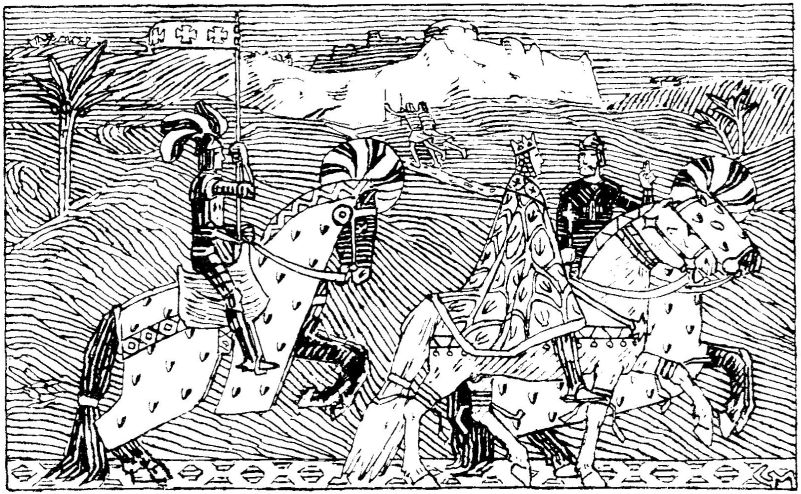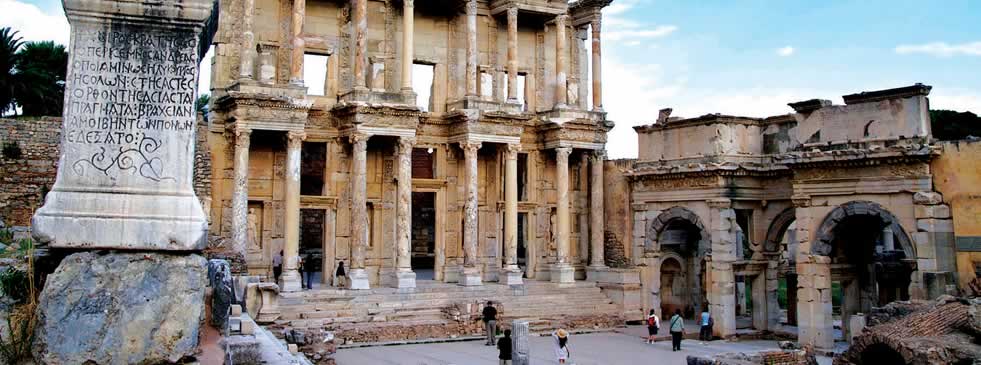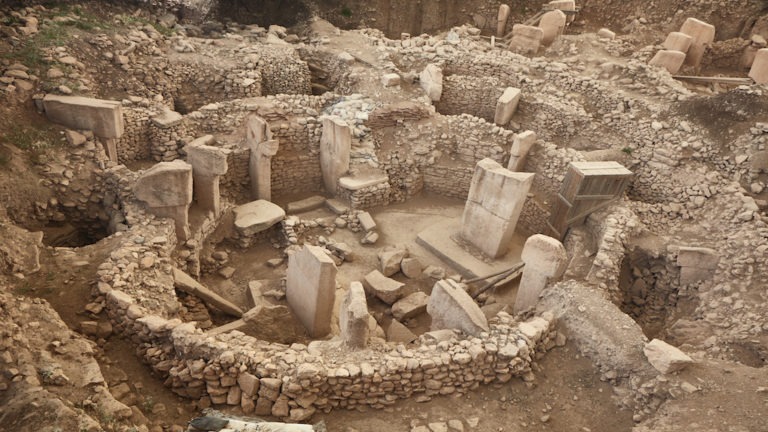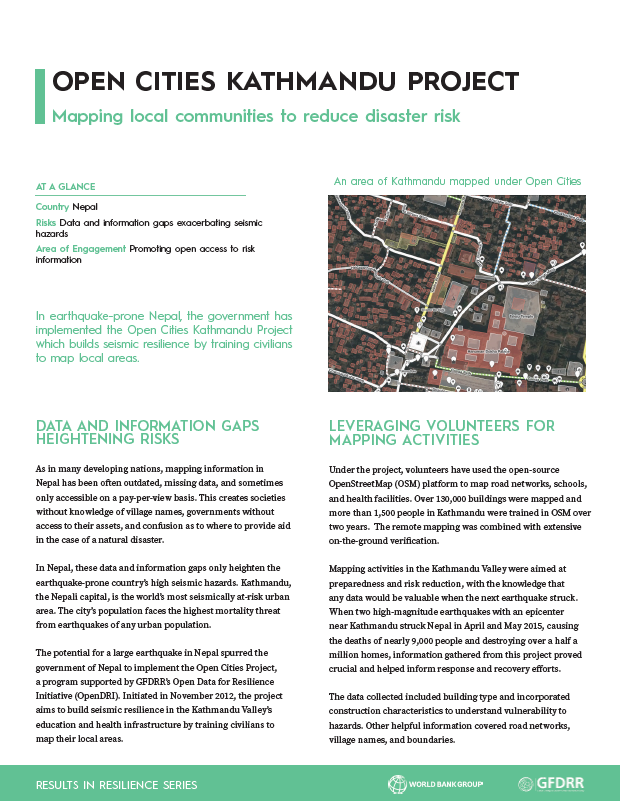Sidon: A Tapestry of History and Culture
Located on the coast of the Mediterranean Sea, the historic city of Sidon has been a witness to centuries of human civilization. Known in Arabic as Saida, Sidon is one of the oldest continuously inhabited cities in the world. Its rich history, economic significance, and cultural tapestry make it a fascinating subject of exploration.
The Ancient Beginnings of Sidon
Sidon's history traces back to the early third millennium BCE, making it a focal point of the ancient world. This Phoenician city was renowned for its skilled sailors, traders, and craftsmen, especially in the production of Tyrian purple dye—a coveted commodity derived from Murex snails. Sidon's prosperity was significantly attributed to its strategic location as a trade hub connecting civilizations across the Mediterranean, Mesopotamia, and even Egypt.
The city's name, which means "fishery" in some Semitic languages, reflects its ancient maritime activity. Archaeological evidence suggests that Sidon was an influential city-state during the late Bronze Age. It was during this period that the city demonstrated its prowess in shipbuilding and trading ventures.
Sidon in the Classical Era
As history unfolded, Sidon became an important site during the reigns of successive empires. It fell under Assyrian rule in the 8th century BCE, and later, the Babylonian, Persian, and Hellenistic periods saw Sidon thrive as a significant port and cultural center. During Persian control, the city was granted a relative degree of autonomy, allowing its Phoenician culture to enhance through art, architecture, and philosophy.
One of the fascinating aspects of Sidon's legacy from the Classical era is its influence on the development of the alphabet. The Phoenician script, widely regarded as one of the precursors to modern alphabets, allowed for efficient record-keeping and communication, thereby facilitating trade and diplomacy in the region. This innovation had far-reaching effects on writing systems in the ancient world, influencing Greek and Latin alphabets subsequently.
The Arrival of Alexander the Great
The trajectory of Sidon's history took a dramatic turn with the advent of Alexander the Great in 333 BCE. After laying siege to Tyre, another Phoenician city, Alexander turned to Sidon. Thanks to a peaceful transition of power, the city welcomed Alexander, thus sparing itself the devastation suffered by its neighbor. Sidon was integrated into the emerging Hellenistic world, which saw a fusion of Greek and Phoenician cultures.
Under the Ptolemaic and Seleucid dynasties, Sidon continued to flourish. It retained its economic importance due to its continued role in maritime trade. The city's residents adopted aspects of Greek customs, language, and religion while maintaining their distinct Phoenician identity—a cultural kaleidoscope that enriched Sidon's heritage.
Sidon's Contribution to Art and Culture
Sidon's significance was not limited to its economic achievements; it was also a nurturing ground for art and culture. The city's craftsmen produced exquisite glassware, pottery, and metalwork that were highly sought after across the ancient world. Furthermore, Sidon's contribution to art is immortalized in the royal necropolis of its kings, with elaborate sarcophagi intricately carved in a style that merged Egyptian and Greek influences.
One of the most remarkable discoveries in Sidon's archaeological narrative is the famed sarcophagus of Alexander, discovered in the late 19th century. Although misnamed, as it likely belonged to a king of Sidon, the sarcophagus is an exemplar of Hellenistic art, depicting scenes of battles and hunting in exquisite detail.
A City of Enduring Legacy
Today, Sidon's legacy endures through the remnants of its ancient past, attracting historians, archaeologists, and tourists alike. Its historical sites, such as the Sidon Sea Castle, built by the Crusaders, and the well-preserved Khan al-Franj, speak volumes of its diverse heritage. The city's ongoing archaeological excavations continue to unearth layers of history, providing insights into the life and times of its ancient inhabitants.













Comments